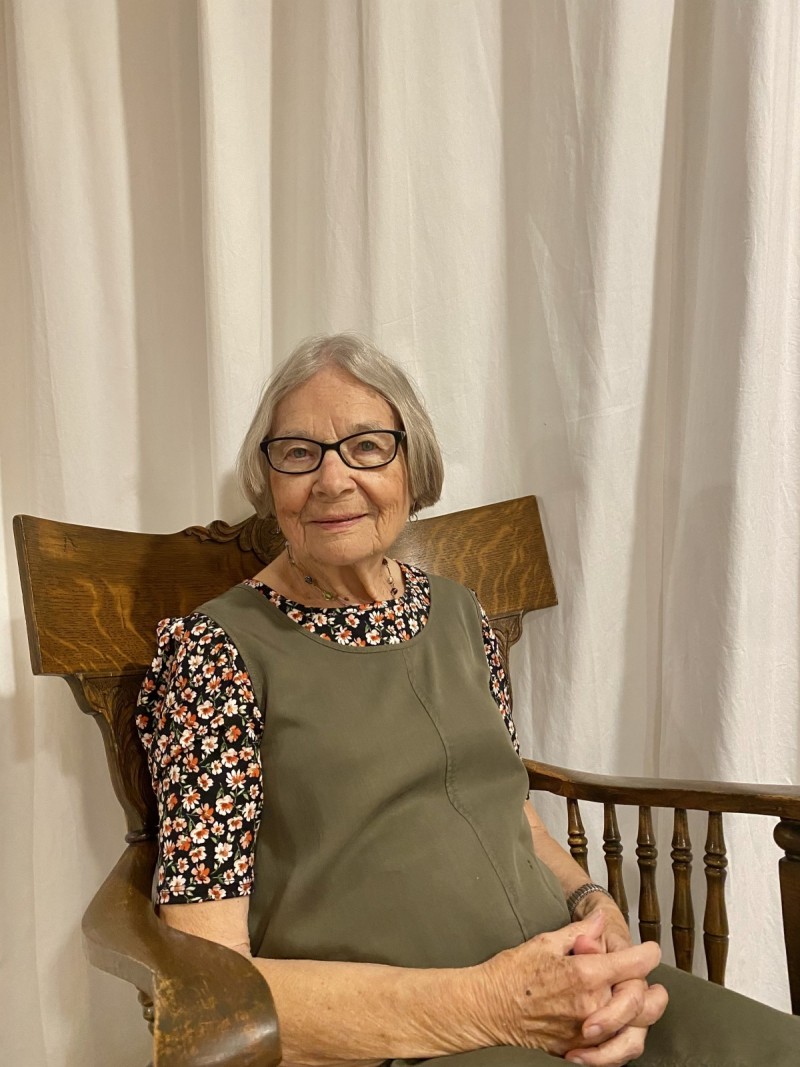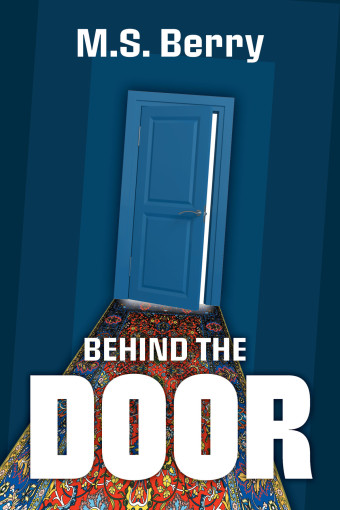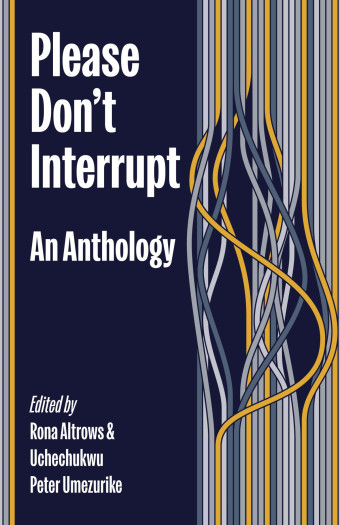The creative fodder for Winnipeg author Sarah Klassen’s second novel, The Russian Daughter, came from a story told by her mother about a childless couple who made two attempts at adoption, both ending sadly.

- The Russian Daughter
- Sarah Klassen
- CMU Press
- $22.00 pb, 256 pages
- ISBN: 978-1-987986-11-2
The idea to use this story occurred to Klassen just after publishing her first novel, The Wittenbergs, eight years earlier.
“The story about the couple stayed with me,” she states. “As well, its dramatic possibilities made me think that I had a strong framework for my story and writing it wouldn’t be difficult.”
An accomplished poet and fiction writer, Klassen has penned eight collections of poetry and two works of short fiction, in addition to the two novels. Many of her books have won prizes, including the Gerald Lampert Memorial Award for poetry and a High Plains Book Award for fiction. The Russian Daughter is her first historical novel.
Set in a Mennonite village in what is now Ukraine, the plot unfolds amid the turmoil of Czarist rule and the Russian Revolution. At the outset, prosperous young farmer Isaak Albrecht and his wife Amalia are childless, and when they hear of an opportunity to adopt a baby girl in Kharkov, they do, despite her being Russian. They later discover that Sofia, their adopted daughter, has health issues.
Klassen thought, given the specific context of the novel, The Russian Daughter would appeal to most Mennonite readers with an interest in history. However, she says, “I intended it for a wide audience and hoped to create characters and events to draw readers in.”
Keeping the time and place – south Russia in the early 1900s – and the basic dilemma of her mother’s story made sense to Klassen. “My idea was to write about the human desire for children and family and the complications that might frustrate such desires,” she says.
And while the political events of the time certainly draw readers in, Klassen made sure they didn’t take over the novel.

She says, “Although my story was a domestic one, I obviously could not ignore the political events of that place and time: the Russian Revolution, World War I, the assassination of the Romanovs, and anarchy.” Instead, Klassen opted to use these circumstances to enhance her characters’ experiences.
Klassen also decided to resist sticking to the basic story she had heard from her mother and to push it in new directions. For example, she had originally focused on Amalia as the main character, but then shifted it to Sofia, the adopted daughter.
“I’ve invested greatly in Sofia, whose loneliness, disappointments, anger, and actions were a strong focus of my writing,” says Klassen. As well, she appreciates the character of Amalia who must discover that happiness and love don’t come automatically with a child and that she is not a perfect mother.
At 90 years of age, Klassen knows that older writers have much to offer, including language and writing skills, wisdom, and life experiences.
“These resources, the richness of language, and years of thoughtful observation are good grounding for them to continue writing,” she says.
“And there’s no need to hurry.”













